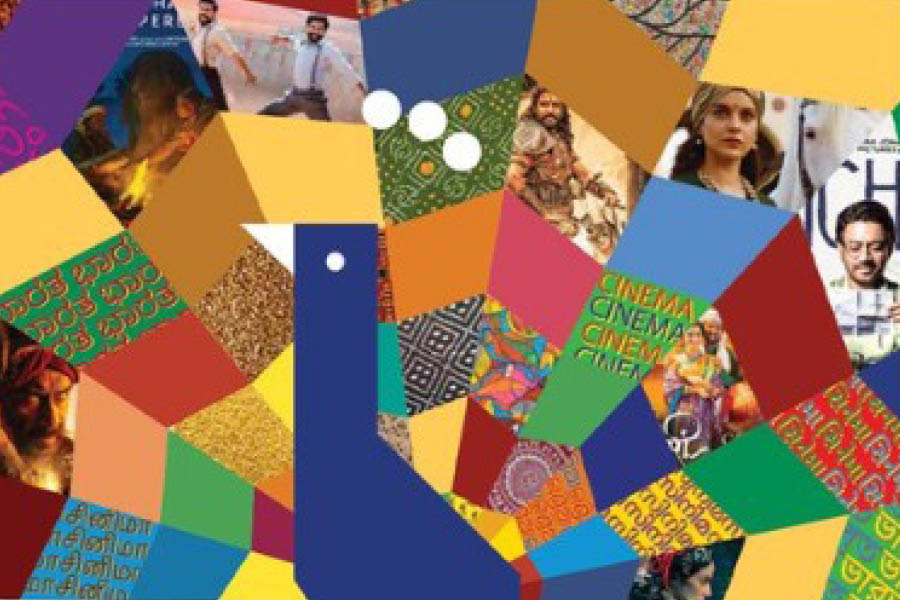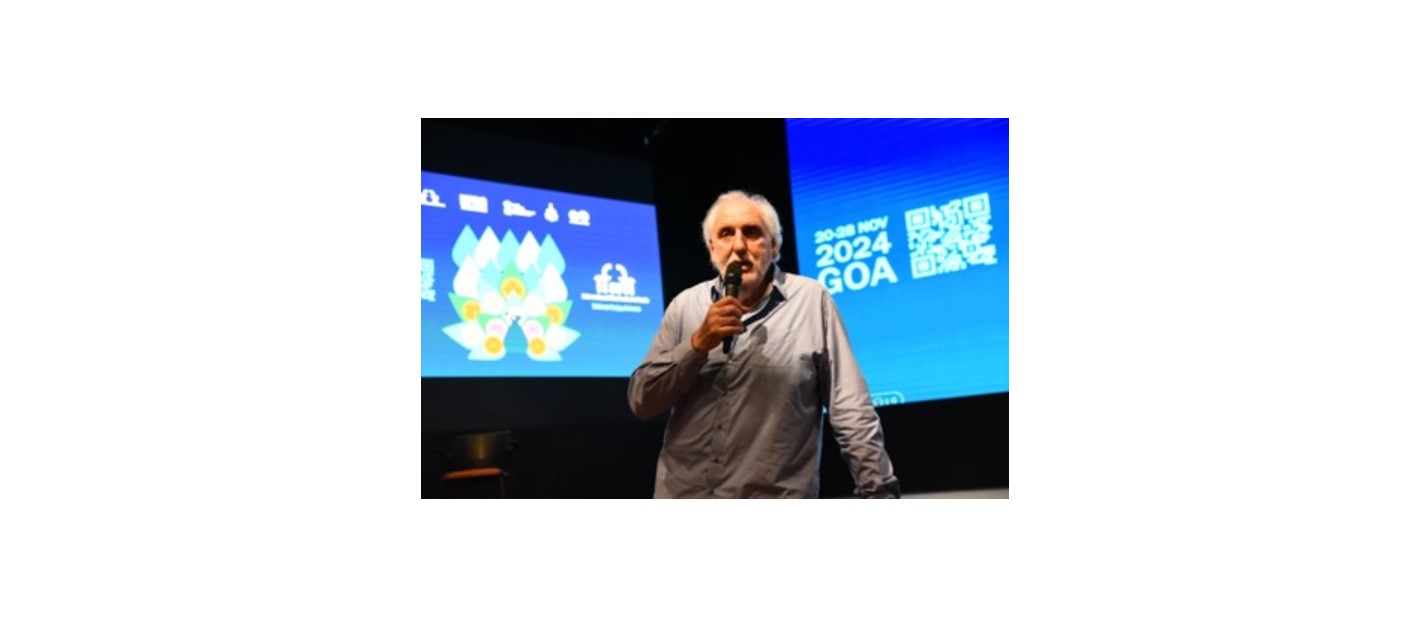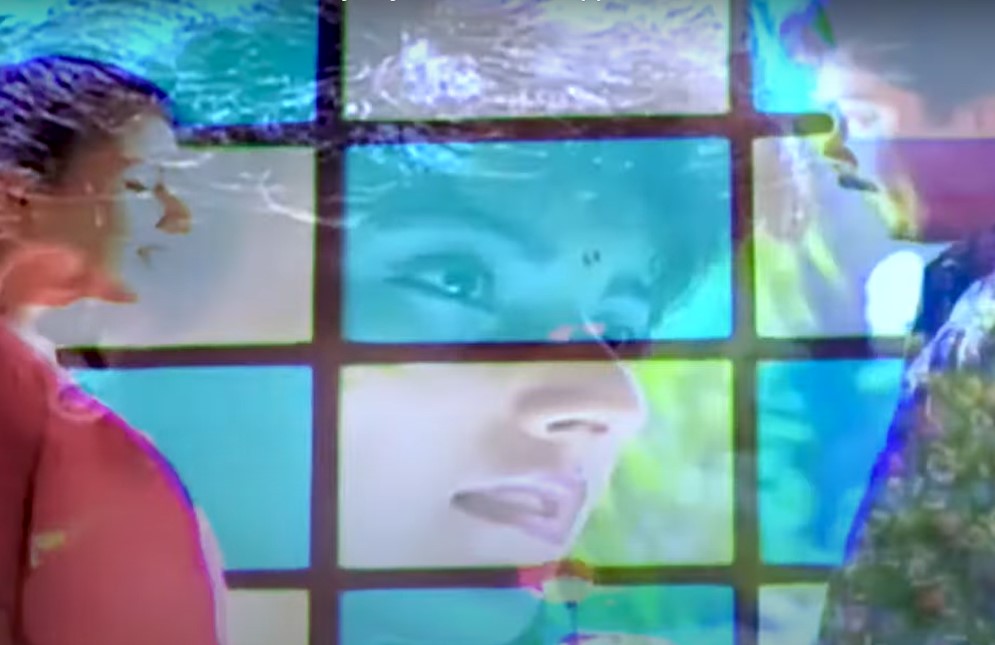Of the four Tamil films selected for screening at the Indian Panorama section of the 54th International Film Festival of India – 2023, Jayaprakash Radhakrishnan’s Kaadhal Enbathu Podhu Udamai and Samyuktha Vijayan’s Neela Nira Suriyan find place alongside Vetrimaaran’s Viduthalai Part 1 and Mani Ratnam’s Ponniyin Selvan Part 2 showcasing the diversifying landscape of Tamil, rather Indian, cinema. These Tamil films have been selected as part of the 25 feature films and 20 feature films from across India to be showcased at the prestigious event to be held between Nov 20 – 28 in Goa.
What sets Kaadhal Enbathu Podhu Udamai (KEPU) and Neela Nira Suriyan (NNS) apart from the others are that they explore areas that have been consciously, or subconsciously, ignored by Tamil cinema. While KEPU delves deep into the ordeals faced by Lesbian couples opening up to their parents and the conflicts staring at parents who deal with the choices made by their children, NNS is about a teacher working in a school in Coimbatore wanting to transform from male to female. Both these films, despite the acclaim received in the festival circuit, haven’t yet been made available to mainstream audience which highlights the importance of the IFFI and similar platforms.
Speaking to the Ground Zero Post, director Jayaprakash Radhakrishnan says, “My film is about lovers finding acceptance, not among their friends, colleagues or from the society at large, but from their parents… their families. I made this film for all families to watch and see their children’s point of view, which might or might not conform with societal norms. I hope this selection paves way for that.”
“My film is about lovers finding acceptance, not among their friends, colleagues or from the society at large, but from their parents… their families. I made this film for all families to watch and see their children’s point of view, which might or might not conform with societal norms. I hope this selection paves way for that.”
Director Jayaprakash Radhakrishnan
Some of the other prominent feature films to be showcased in this section include Aaraariraaro (Kannada), Aattam (Malayalam), Iratta (Malayalam), Deep Fridge (Bengali), Kaathal (Malayalam), Malikappuram (Malayalam), The Vaccine War (Hindi) and the 2018 (Malayalam) among others. Interestingly, no Telugu feature film has been chosen this year in the Indian Panorama section for feature films.
A package of 20 non-feature films have also been selected to be screened in the Indian Panorama including 1947 – Brexit India by Sanjivan Lal, Andra Dreams by Longjam Meena Devi and Giddh by Manish Saini. Nansei Nilam (Changing Lanscape) by Pravin Selvam is the only Tamil non-feature film to be screened in the category. The movie ‘Life in Loom’ by Edmond Ranson is a multi-lingual film.
The Feature Film Jury comprising twelve members was headed by acclaimed Film Director, Actor and Producer Dr. T. S. Nagabharana including A Karthik Raaja (Cinematographer), Anjan Bose (Director and Producer) among others. The Non-Feature Film Jury, comprising six members, was headed by acclaimed documentary film Director Arvind Sinha.
The aim of the Indian Panorama is to select the feature and non-feature films of ‘cinematic, thematic and aesthetic excellence.’
National Film Development Corporation
According to the organisers, the aim of the Indian Panorama, organized by the National Film Development Corporation, Ministry of Information and Broadcasting, Government of India, is to select the feature and non-feature films of ‘cinematic, thematic and aesthetic excellence’ in accordance with the conditions and procedures in the said regulations of Indian Panorama.
“The selection of the Indian Panorama is made by eminent personalities from the world of cinema from across India comprising a total of twelve Jury members for feature films and six Jury members for non-feature films led by the respective Chairpersons. Exercising their individual expertise, the eminent Jury panels contribute evenly to the consensus that leads to the selection of Indian Panorama films of respective categories,” stated Pragya Paliwal and Saurabh Singh from the Ministry of Information and Broadcasting in a release.



